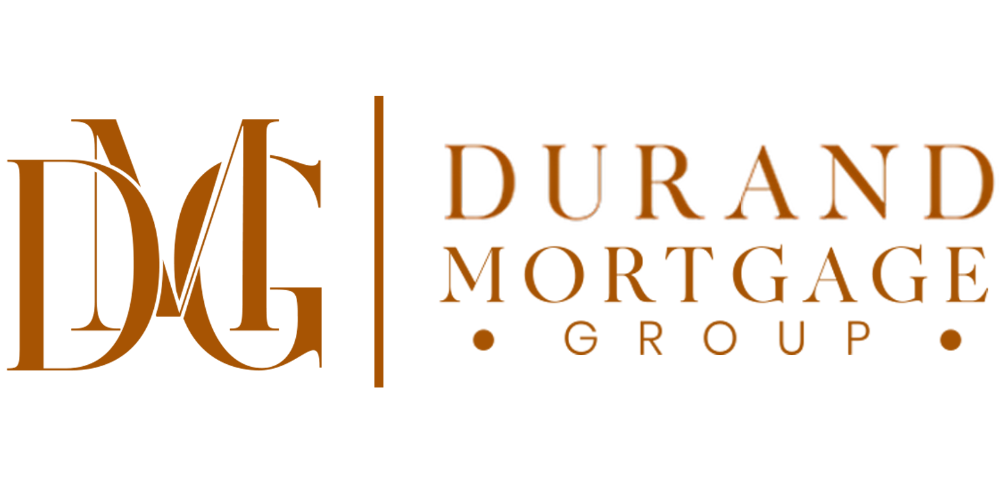Getting Started
Small-business owners, freelancers, consultants, contractors and gig workers should consult with Durand Mortgage Group to understand how to best structure your finances to increase your changes of securing financing for your real estate purchase.
The mortgage process can be more complex as a self-employed borrower but it is possible. Here is a list of documents you’ll need to get started:
- Two years of most recent and complete personal and/or business tax returns, including all schedules
- YTD Profit and Loss Statements
- Two to three months of personal and business bank statements, both personal and checking
- Two years of most recent 1099 forms
- Balance sheet to show assets and liabilities
- Business license or CPA letter verifying the business is operational
- Business Credit Report
Special Loan Programs for Self-Employed Borrowers
Bank Statement Loans
Asset-Based Loans
Stated Income Loans
These loans allow borrowers to use their bank statement instead of tax returns to verify income. Typically, 12-24 months of banks statements are required.
For clients with substantial assets, this program considers the borrower’s assets instead of income.
These loans require less documentation and allow borrowers to state their income. These loans typically come with higher interest rates.
No-Doc Loans
Freddie Mac Home Possible &
Fannie Mae Home Ready
A minimal documentation loan primarily used by high net-worth individuals or those with exceptional credit.
These programs offer more lenient requirements and lower down payments, potentially useful for self-employed borrowers with moderate income.
Special Loan Programs for Self-Employed Borrowers
Bank Statement Loans
These loans allow borrowers to use their bank statement instead of tax returns to verify income. Typically, 12-24 months of banks statements are required.
Asset-Based Loans
For clients with substantial assets, this program considers the borrower’s assets instead of income.
Stated Income Loans
These loans require less documentation and allow borrowers to state their income. These loans typically come with higher interest rates.
No-Doc Loans
A minimal documentation loan primarily used by high net-worth individuals or those with exceptional credit.
Freddie Mac Home Possible &
Fannie Mae Home Ready
These programs offer more lenient requirements and lower down payments, potentially useful for self-employed borrowers with moderate income.
Keeping Your
Finances in Order
Keep Thorough Financial Records
Ensure all financial records, including banks statements and P&L statements, are accurate and up to date. Lenders will scrutinize these details.
Separate Personal and Business Finances
Maintaining clear separation between personal and business accounts simplifies the mortgage process and avoids confusion.
Don't Overlook Deductions
While deductions can lower taxable income, they may also reduce the income considered by lenders. Find a balance that maximizes tax benefits without compromising loan eligibility.
Maintain a Consistent Income Stream
Lenders prefer steady or increasing income. Ensure that your financial records reflect stability.
Don't Co-Mingle Funds
Avoid mixing person and business expenses in one account. This could complicate the loan process and raise red flags with lenders.
